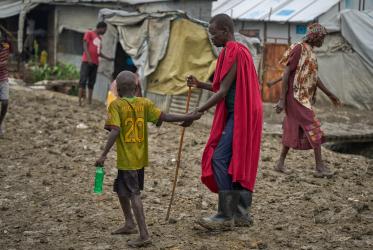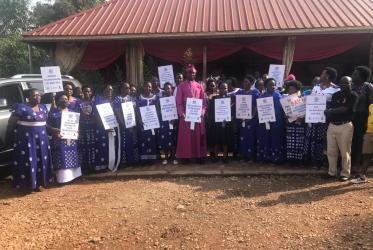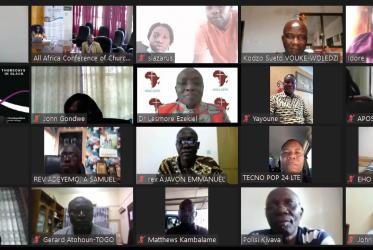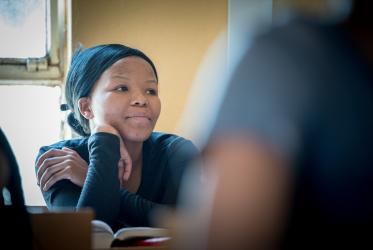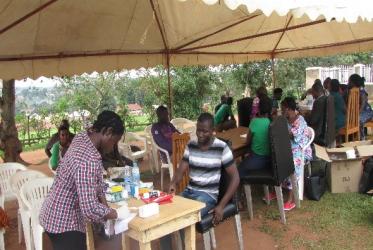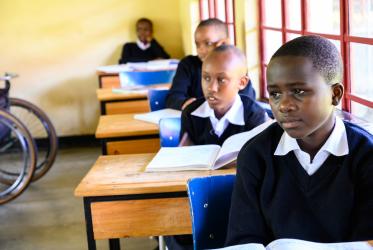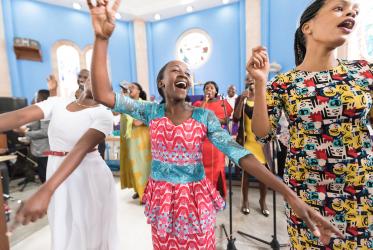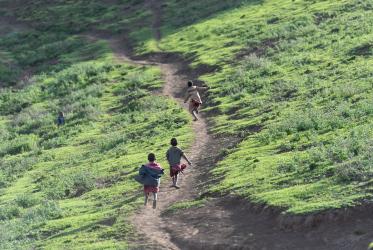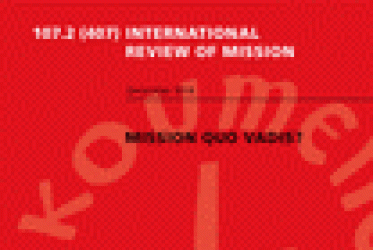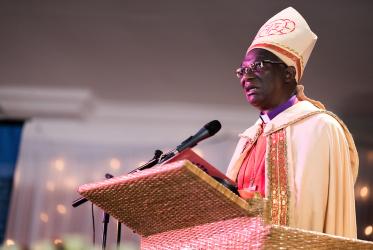Displaying 1 - 20 of 65
African Churches mark International Women’s Day
09 March 2021
Youth leaders: “We will stop at nothing” to end HIV and violence
17 October 2019
Moravian Church in Tanzania launches Thursdays in Black
10 September 2019
Mission and people with disabilities
26 June 2019
How will the Arusha Call change the world?
20 May 2019
New issue: International Review of Mission
14 December 2018
Post-Arusha seminar convenes in Finland
20 April 2018
An advocate for family values, called by God
26 March 2018
